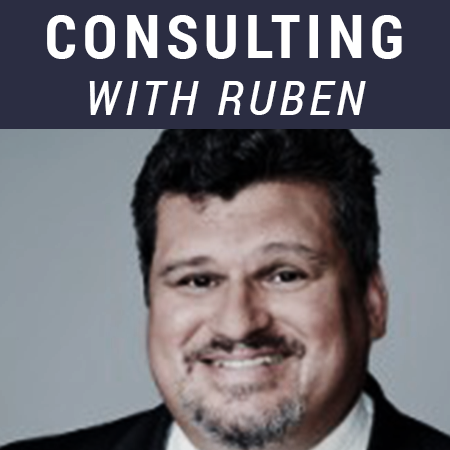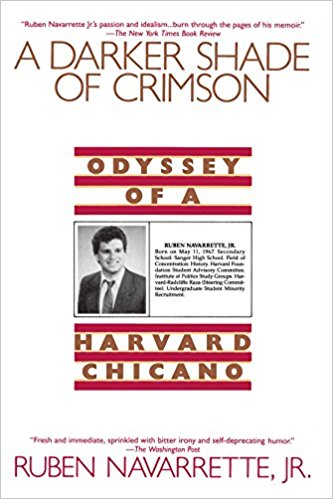SAN DIEGO — Let’s be fair. The last thing the Brett Kavanaugh confirmation process has been about over the past week is fairness.
The process has been dark, dirty and dysfunctional. Worst of all, it has also been profoundly unfair — and to more than one person.
A lot of folks have talked about the idea of fairness since Kavanaugh was accused of sexual misconduct in an incident that allegedly occurred more than three decades ago when the Supreme Court nominee and the alleged victim were both in their teens.
Attorneys for Christine Blasey Ford, the psychology professor who brought the accusation, had said that their client would address the Senate Judiciary Committee out of a sense of civic duty.
That narrative barely survived one news cycle. The story then became that Ford would not testify until the Federal Bureau of Investigation launched an inquiry.
But an inquiry into what? Certainly not what may or may not have happened in the 1980s. That’s ridiculous, especially since no federal crime was involved. Surely what some Democrats are hoping for is that Kavanaugh speaks to investigators and to the Senate committee — and that the statements don’t match.
So instead of investigating a crime, the real objective would be to manufacture one.
When Senate Judiciary Chairman Chuck Grassley of Iowa — who had invited Ford to address the panel — refused to go along with the call for an FBI investigation and set a deadline for the accuser to confirm her testimony, her lawyers said rushing the process was unfair.
“The committee’s stated plan to move forward with a hearing that has only two witnesses is not a fair or good faith investigation,” said attorney Lisa Banks.
If Ford doesn’t testify, and simply leaves her disturbing accusation out there with no accountability — like, oh, say an anonymous op-ed in The New York Times — this would be unfair to the nominee. So says a moderate Republican senator whose vote could be crucial.
“I think it’s not fair to Judge Kavanaugh for her not to come forward and testify,” said Sen. Susan Collins of Maine in a radio interview.
And, if Ford stands up the Senate, it won’t be fair to those Republicans who stuck their necks out and asked that she be invited to testify. Besides Collins, this group includes Sens. Jeff Flake of Arizona and Bob Corker of Tennessee.
Of course, it’s also not fair to Ford that — after she made clear in the letter she wrote to Democratic Sen. Dianne Feinstein of California lodging the accusation against Kavanaugh that she did not want to be identified — her name was leaked to the media.
None of this is fair to Kavanaugh — not to mention his wife, daughters and parents. What should have been a beautiful moment for that family has been marred by what seems to be a partisan attempt at character assassination by Democrats.
As for Ford, it’s fair to remind her of the stakes. If she doesn’t testify, her entire story will never come out. She’ll essentially go back to being “anonymous.”
Once again, the American people are stuck in the middle.
Of course, there are always going to be the partisans who have the miraculous ability to know exactly what happened more than 30 years ago, without hearing testimony from anyone. They’ve already made up their minds.
But many of us — perhaps most of us — don’t know whom to believe. We want to be fair to both the accuser and the accused.
GOP pollster Frank Luntz is picking up on that with the groups he surveys.
“The American people believe in fairness,” Luntz told Fox News’ host Laura Ingraham on Wednesday. “And they believe that everyone deserves their day in court.”
But, Luntz added, many wonder just how far we are willing to go back into people’s lives to discern what kind of human beings they are today. He found a lot of support for the idea that judging someone for something that may have happened long ago is not fair.
Given that Americans just celebrated Constitution Day and the 231st birthday of our nation’s founding document, you had better believe that none of this is fair to the Framers. When they entrusted the Senate with the power to advise and consent, this could not have been what they had in mind.
Ruben Navarrette’s email address is ruben@rubennavarrette.com. His daily podcast, “Navarrette Nation,” is available through podcast apps.





